Even though many dogs enjoy car rides, for some Doodles, it might be the exact opposite. Dog car sickness is a common thing – whether it is on a long road trip or just a short ride to the park.
How do I keep my puppy from getting car sick? We’ll answer that and more questions about dog car sickness in this article, so let’s dig in!
Table of Contents
- Dog Car Sickness Causes
- Why Does My Puppy Throw Up In The Car?
- Do Dogs Outgrow Car Sickness?
- 6 Tips for Preventing Dog Car Sickness
- What Can I Give My Dog for Motion Sickness?
Dog Car Sickness Causes
Dogs might be experiencing either motion sickness or travel anxiety (or both at the same time). As the symptoms are pretty similar, it may be difficult for you to know the difference at first.
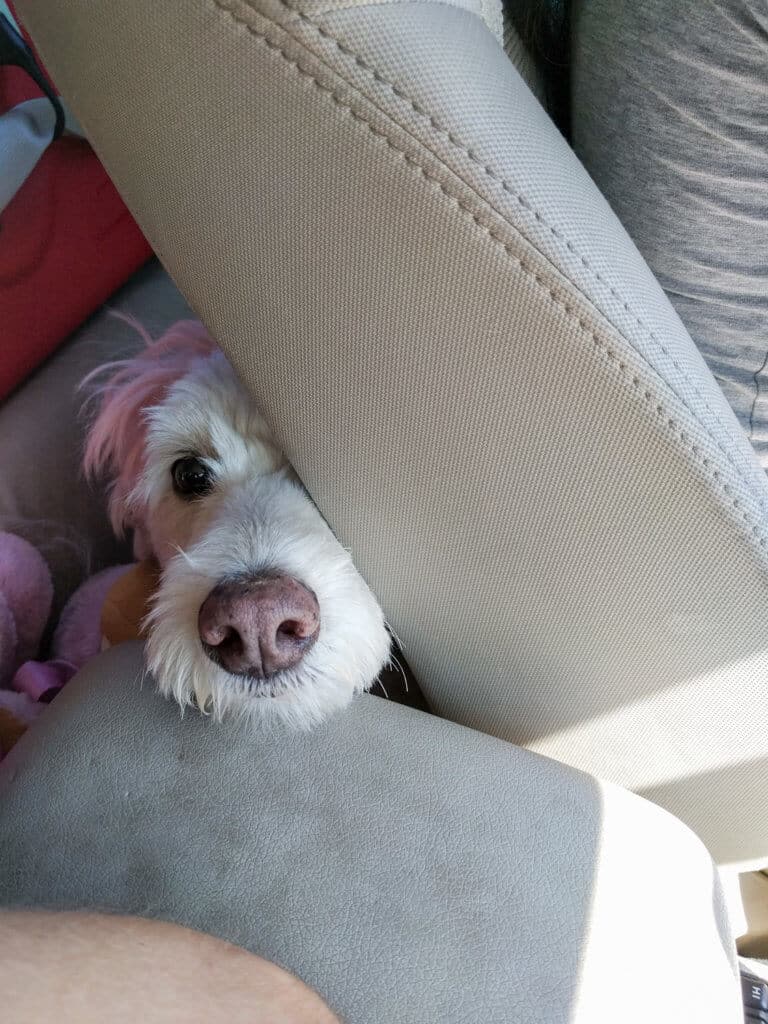
Symptoms of Dog Car Sickness
- Excessive drooling
- Vomiting
- Nausea
- Yawning
- Whining
- Panting
- Pacing
- Lip-licking
- Unusual posture
- Lethargy
- Restlessness
- Diarrhea
Car sickness in dogs is believed to be triggered by their inner ear confusion. Your Doodle might not be able to understand why they see and feel movement, yet they aren’t running or walking themselves.
On the other hand, if your Doodle is stressed about car rides, it can cause similar symptoms to motion sickness like vomiting, nausea, and diarrhea.
If your Doodle only gets in the car a few times a year to visit the vet, this might trigger anxiety. They are already prepared that no good comes out of a car ride and get stressed because of it.
Furthermore, if your dog has vomited on their first few car rides, it can trigger anxiety and worry the next times they get into a car. They’ve already been conditioned to be scared about what might happen when traveling.
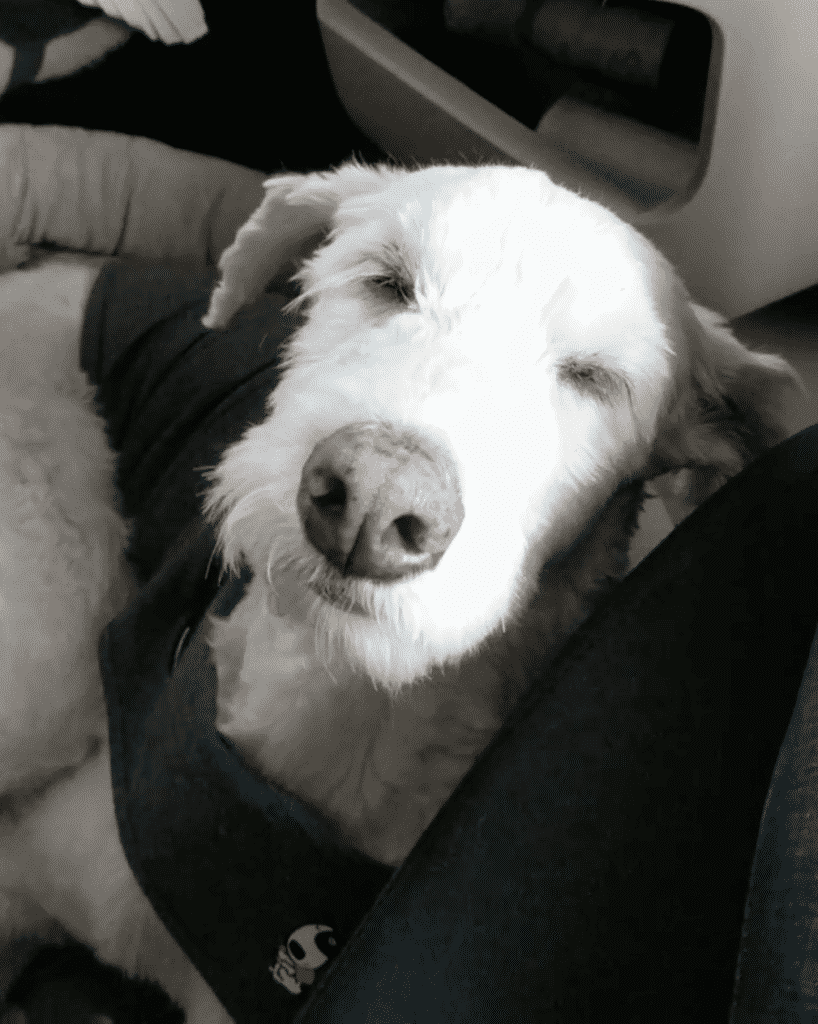
Why Does My Puppy Throw Up In The Car?
Usually, puppies experience car sickness more often than adult dogs. This is because their inner ear, which is involved in balance, has not fully developed yet.
Do Dogs Outgrow Car Sickness?
How long does motion sickness last in dogs? Well, because dog car sickness is more common in puppies, many dogs outgrow it. As they become adults, their inner ear balance has fully developed and won’t cause unpleasant symptoms any longer.
If your puppy does not handle car rides so well, you can be hopeful that after a year or so they will outgrow it. However, not all dogs outgrow car sickness.
Moreover, the negative association of car rides and vomiting in the past can trigger travel anxiety. This, in turn, causes the same symptoms as motion sickness.
By the way, we also asked our email newsletter subscribers if their Doods get car sick. Here are the results:
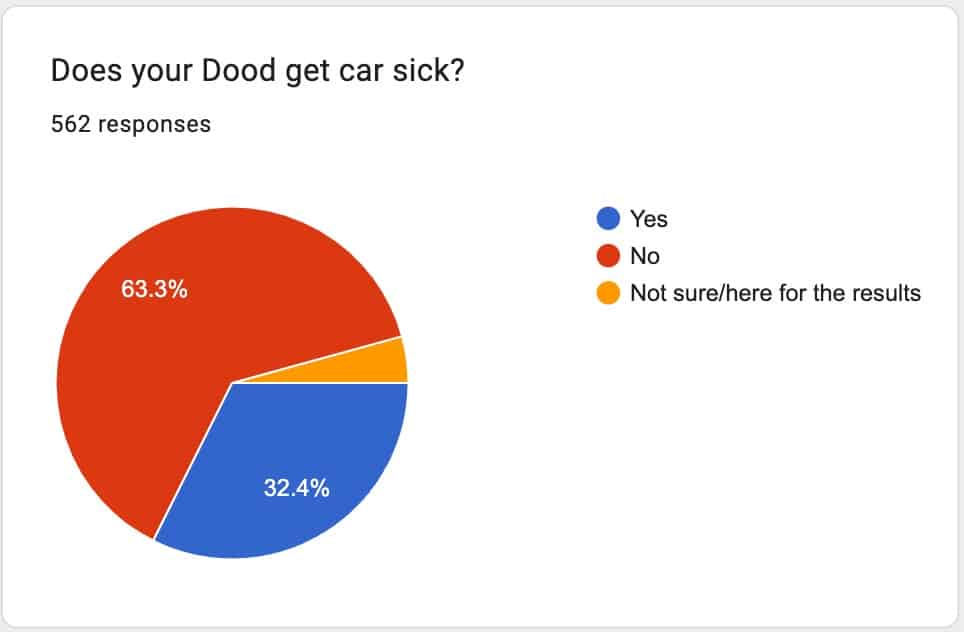
6 Tips for Preventing Dog Car Sickness
1) Make the Whole Experience Enjoyable
First thing’s first – you want to make the car ride as comfortable and stress-free as possible for your Doodle. For example, you can bring some toys and treats. If you’re on a longer ride, take breaks so your dog can sniff around outside and discover new places. And, of course, offer them plenty of praise. Make the whole experience an enjoyable one for them to look forward to!
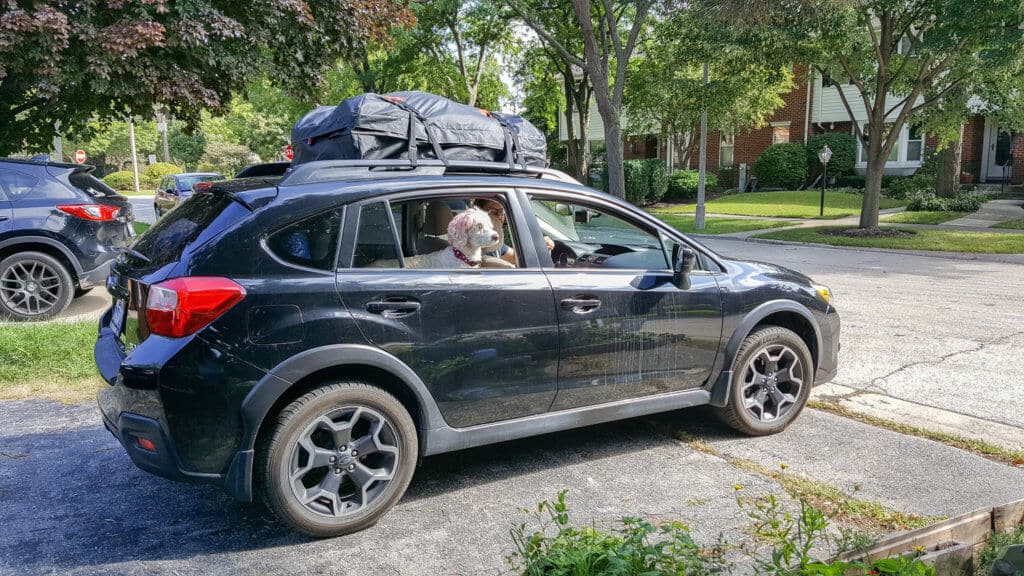
2) Desensitize Your Pup
If your Doodle has had a few unpleasant car ride experiences, it’s recommended to desensitize them. Don’t take your Doodle out for a long ride at first. Rather, go and sit with them inside the car and turn on the engine for a few minutes.
The next day you can repeat the process, but also drive around for a few minutes. Increase the driving time every day little by little so your Doodle can adjust. In addition, you can take them hiking or to a dog park, so they will have a positive memory about the ride.
3) Make Car Rides Have a Positive Association
Again, do not forget the praise and affection! Also, you should not scold your Doodle if they are fearful or don’t feel well. Car rides should have a positive association for your dog, so avoid any negative interactions. If you notice that your dog is not feeling well or comfortable, stop the training process for the day and continue on the next day.
This process may take a few weeks, but it is absolutely worth doing – especially if you have longer car rides or road trips planned ahead.
4) Roll Down the Window
Also, make sure your car is properly ventilated, so it doesn’t get too hot and uncomfortable inside. You can also open the window for your pup. Fresh air and new smells will help distract your Doodle.
If you have a seat belt for your dog, you can roll down the window entirely without worrying about their security. If you don’t have a dog seat belt, lower the window just a few inches so your Doodle won’t be able to escape, but can still feel the wind on his nose.
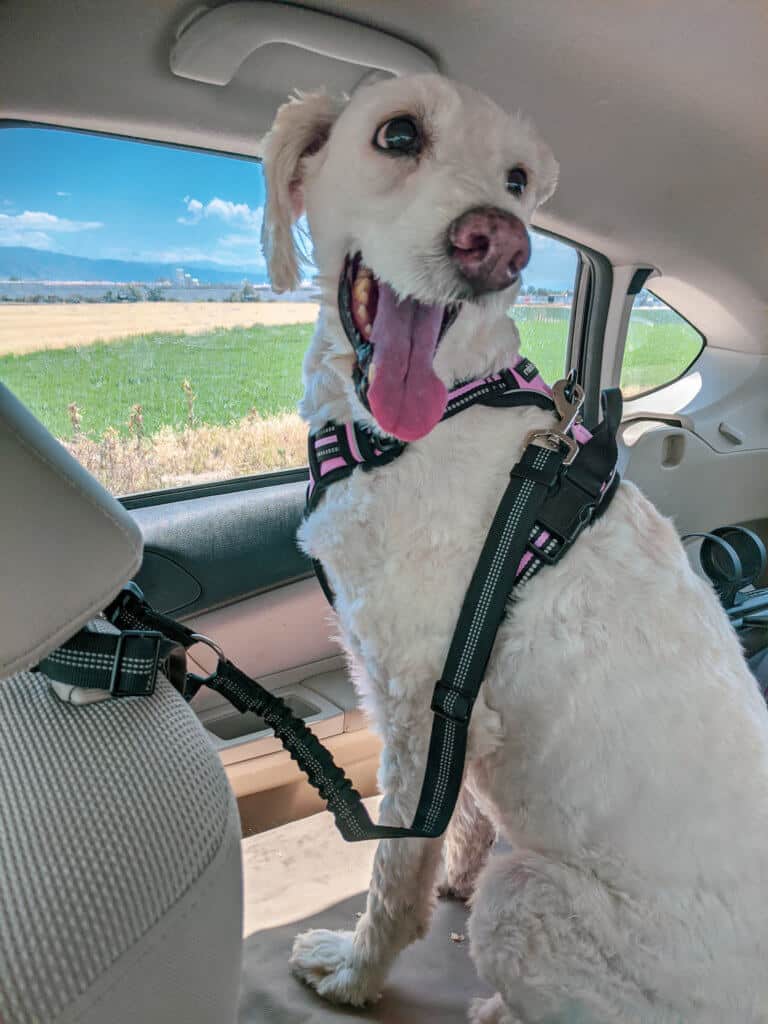
Moreover, many dogs might enjoy looking outside and facing forward when traveling. In addition, an elevated travel booster seat may also be helpful for your Doodle to see outside. As a result, they might feel less nauseous.
5) Don’t Feed Him Before a Car Ride
Another great tip is to not feed your Doodle before a car ride. This helps avoid vomiting, since there won’t be anything to throw up in the first place. Wait at least one hour after the dog eats a full meal before getting in the car. This can also prevent stomach twisting, which can be fatal.
6) Give Him Something for Motion Sickness
In addition to the previous tips and tricks, there are also some remedies for dog car sickness that you could try out. See below.
What Can I Give My Dog for Motion Sickness?
Let’s have a look at some natural home remedies for dog car sickness and also go over some common medications that your vet might recommend.
Dog Car Sickness Natural Remedy
If you suspect your Doodle suffers from travel anxiety, try a calming pheromone spray to help them feel calm and comfortable. You can also ask your vet about natural supplements that help soothe your Doodle’s mind.
Likewise, lavender and chamomile essential oils are generally considered safe for dogs. Both of them have a calming effect. So, before you and your Doodle go for a ride, try diffusing a few drops of either chamomile or lavender for about 10 minutes.
Natural Remedy for Dog Car Sickness: Ginger
Ginger is a great natural remedy for nausea – for both humans and dogs. You can grate some fresh ginger or use a high quality ginger supplement and add it to your Doodle’s wet food. Nevertheless, consult with your vet beforehand about the dosage, which usually depends on the dog’s size.

Does CBD Oil Help Dogs With Car Sickness?
CBD oil has become widely popular in recent years, and seems to be completely safe for dogs. CBD oil does come from a cannabis plant, but it does not contain psychoactive ingredients like THC.
Just a few drops of CBD oil (or CBD treats) can help dogs with anxiety and nausea. Still, we recommend you consult with your vet if CBD oil is the best way to go.
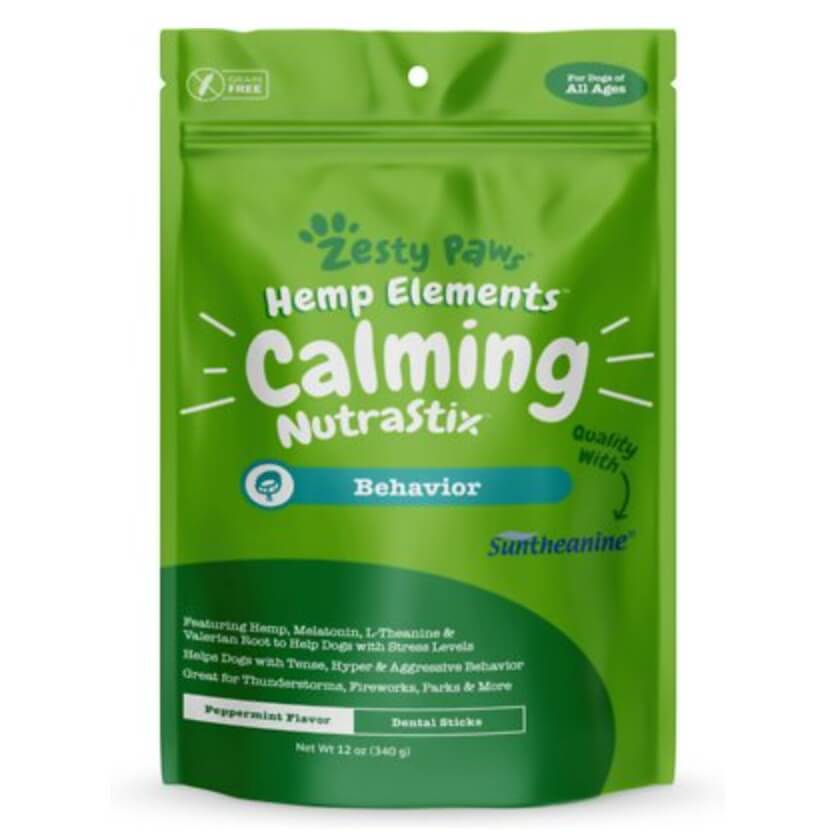

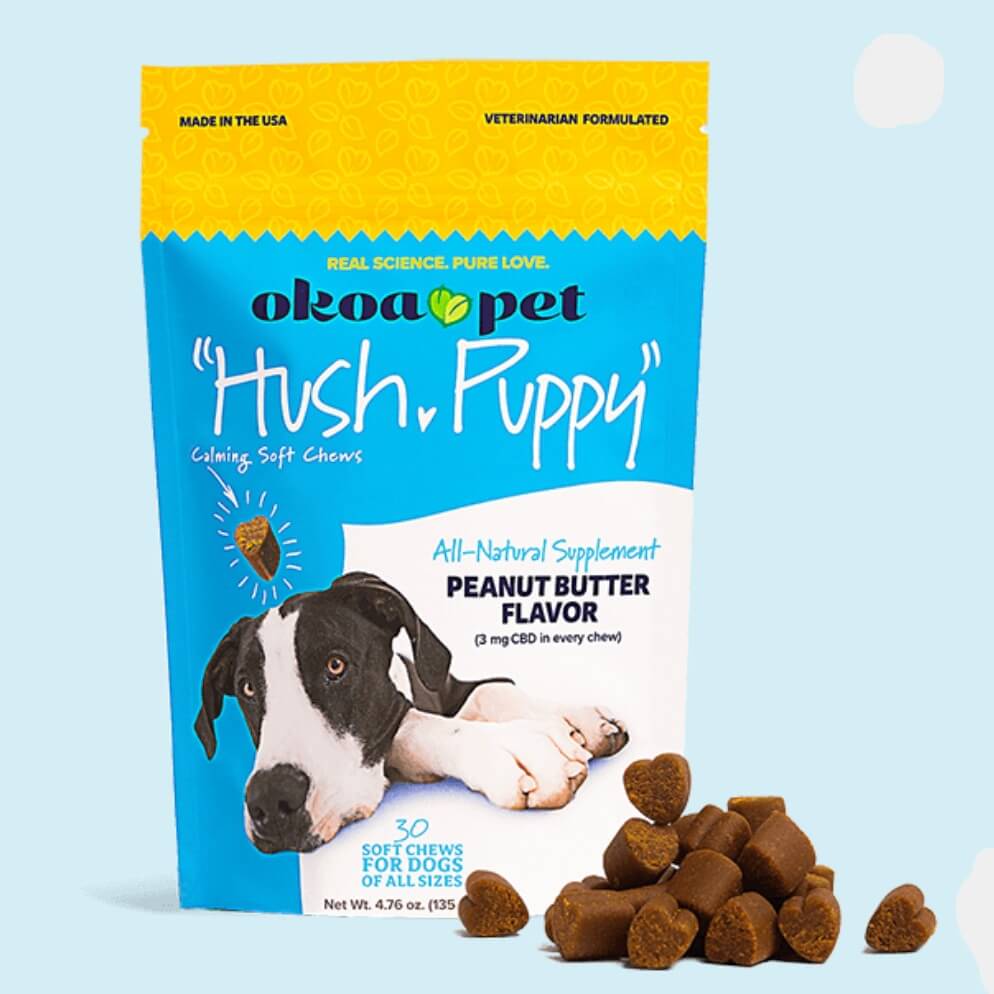
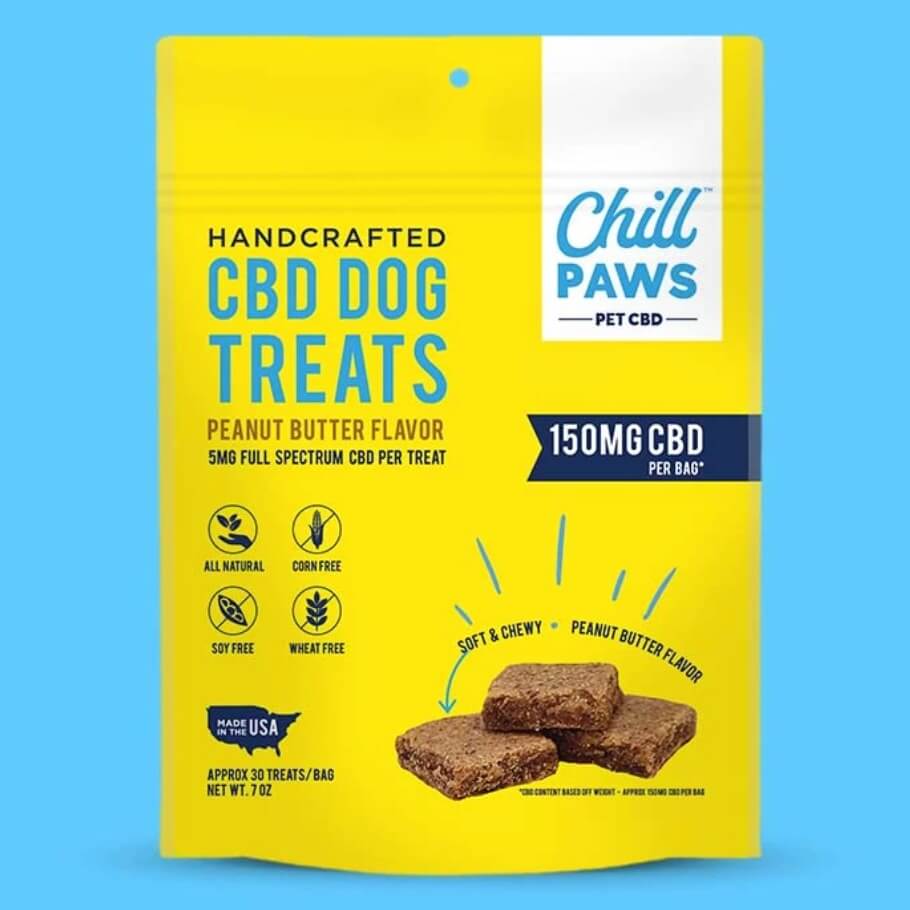
Funny story, actually – I once accidentally gave Chloe a double dose of a CBD treat before a road trip. When we pulled over for a potty break, she was so relaxed by it that it seemed like she forgot how to walk! She also wandered off and we found her exploring at the other end of the giant (luckily empty) parking lot. I don’t think she had any idea what was happening. Poor dog (lol)! Oops…But at least it helped her stay calm in the car.
-Whitney, Doodle Doods founder
Medicine for Dog Car Sickness: Benadryl
Can I give my dog Benadryl for car sickness? While you should never give your Doodle any medications from your own cabinet, Benadryl is one of the medications that veterinary professionals often do recommend.
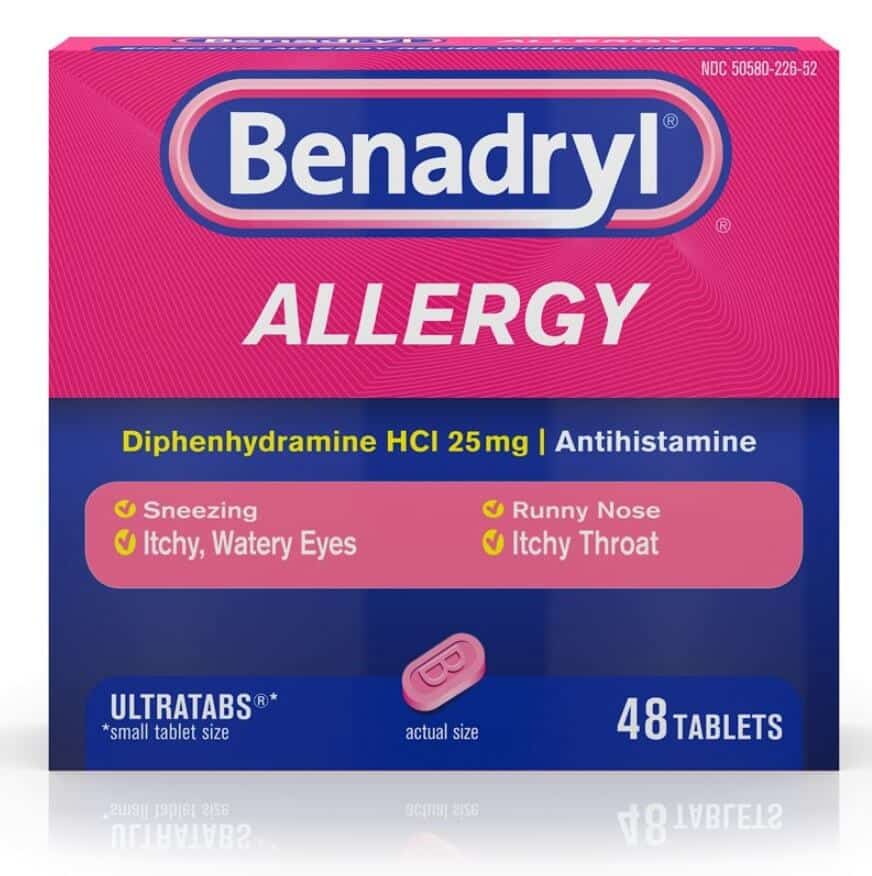
In addition to helping with allergies in dogs, Benadryl has a calming effect and the antihistamines within can also relieve nausea.
In contrast, some dogs may experience negative side effects when taking Benadryl. You know your dog best so just keep an eye out for any negative side effects.
How Much Benadryl Do I Give a Dog for Car Sickness?
As with any medication, discuss giving your dog Benadryl with your vet first. Considering your Doodle’s overall health, your vet will be able to determine if it’s safe. They can then recommend a dosage that suits your dog based on his size and weight.
PedMD recommends 1 mg of Benadryl per pound of bodyweight, 2-3 times a day.
Medicine for Dog Car Sickness: Dramamine
Can I give my dog Dramamine for motion sickness? Dramamine is another human medication that your vet might recommend for your Doodle for car sickness. It contains a similar active ingredient as Benadryl, which can help with vomiting and nausea.
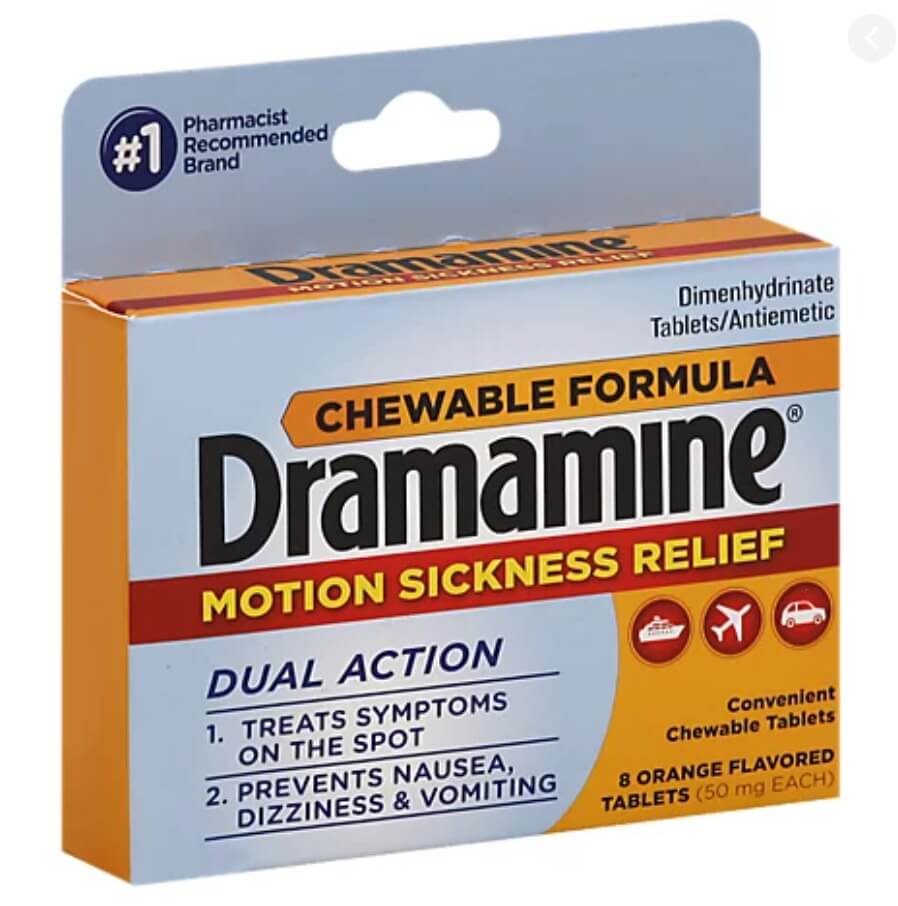
Dramamine contains a weaker form of the active ingredient as Benadryl. So, the recommended dosage is about 2 mg of Dramamine per pound of bodyweight. Again, discuss giving your Doodle Dramamine with your vet first.
It will take a bit of time for the medications to kick in. For the best results, give your Doodle Benadryl or Dramamine about 30-60 minutes before getting in the car.
Can Dogs Take Bonine for Motion Sickness?
For healthy Doodles, Bonine is another human medication that is considered fairly safe to use. It can help relieve nausea and help avoid dog car sickness. If your vet has approved this, ask them about an appropriate dosage considering your Doodle’s health and size.
In conclusion, dog car sickness is a very common thing. If your puppy is experiencing it, they might outgrow it once they reach adulthood. And even if they don’t, there are plenty of ways to make car rides enjoyable and less stressful for your Doodle (and you as well!).
Has your Doodle experienced motion sickness or travel anxiety? We’d love to hear about your experiences and tips in the comment section below!
Learn How to Care for Your Doodle Puppy!
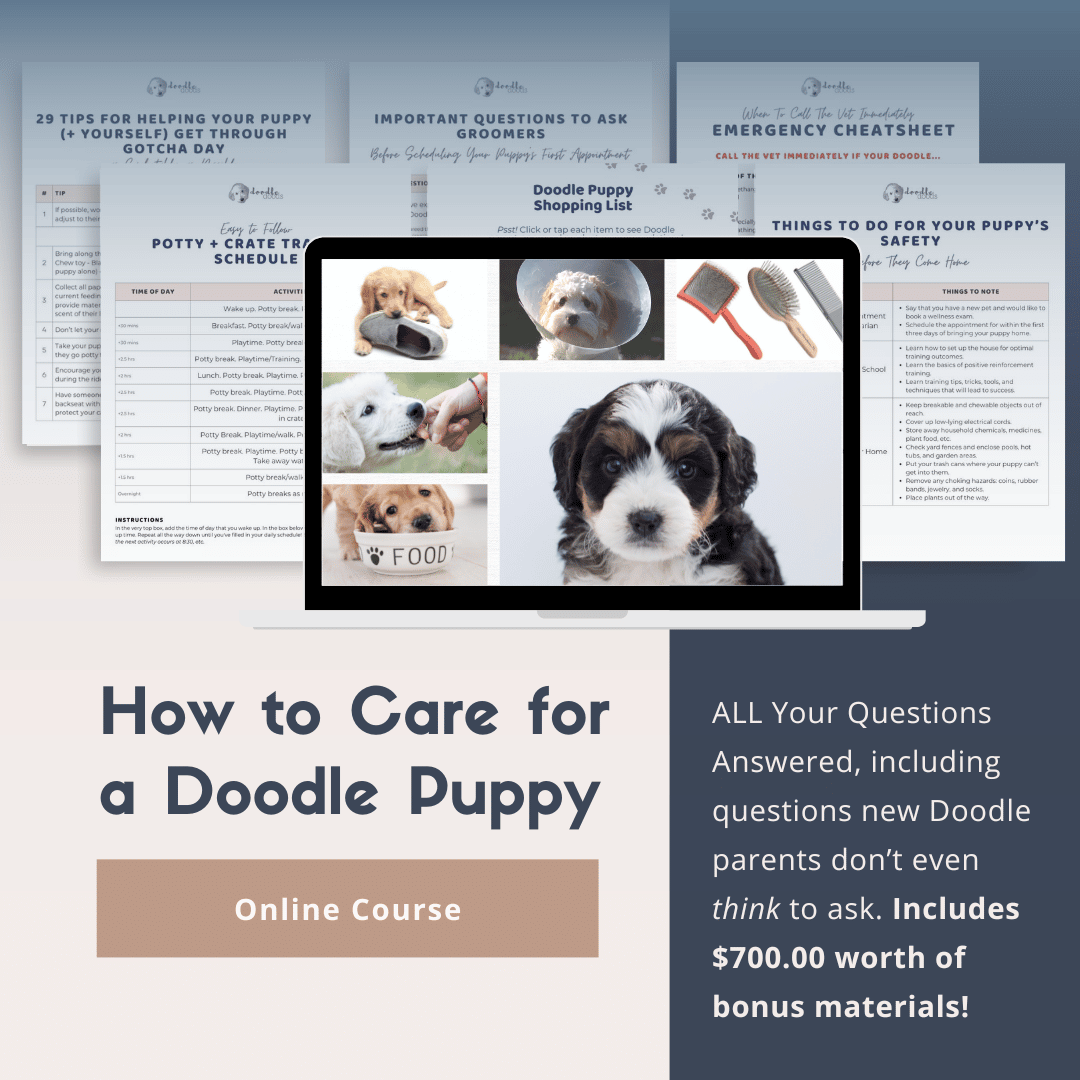
Perfect for first-time Doodle parents, get ALL your questions answered, including questions new Doodle parents don’t even think to ask.
Plus, get $700 worth of Bonus Materials for FREE, including:- Doodle Parenthood Community and Support Group ($190 value)
- Doodle Puppy Growth Tracker ($20 value)
- EMERGENCY Cheatsheet: When To Call The Vet Immediately ($50 value)
- HELP! Button ($145 value)
- And SO MUCH MORE!
The information on this page is for informational purposes only. It is not intended to be a substitute for qualified professional veterinary advice, diagnosis, or treatment. Always seek the advice of your veterinarian or other qualified animal health provider with any questions you may have.

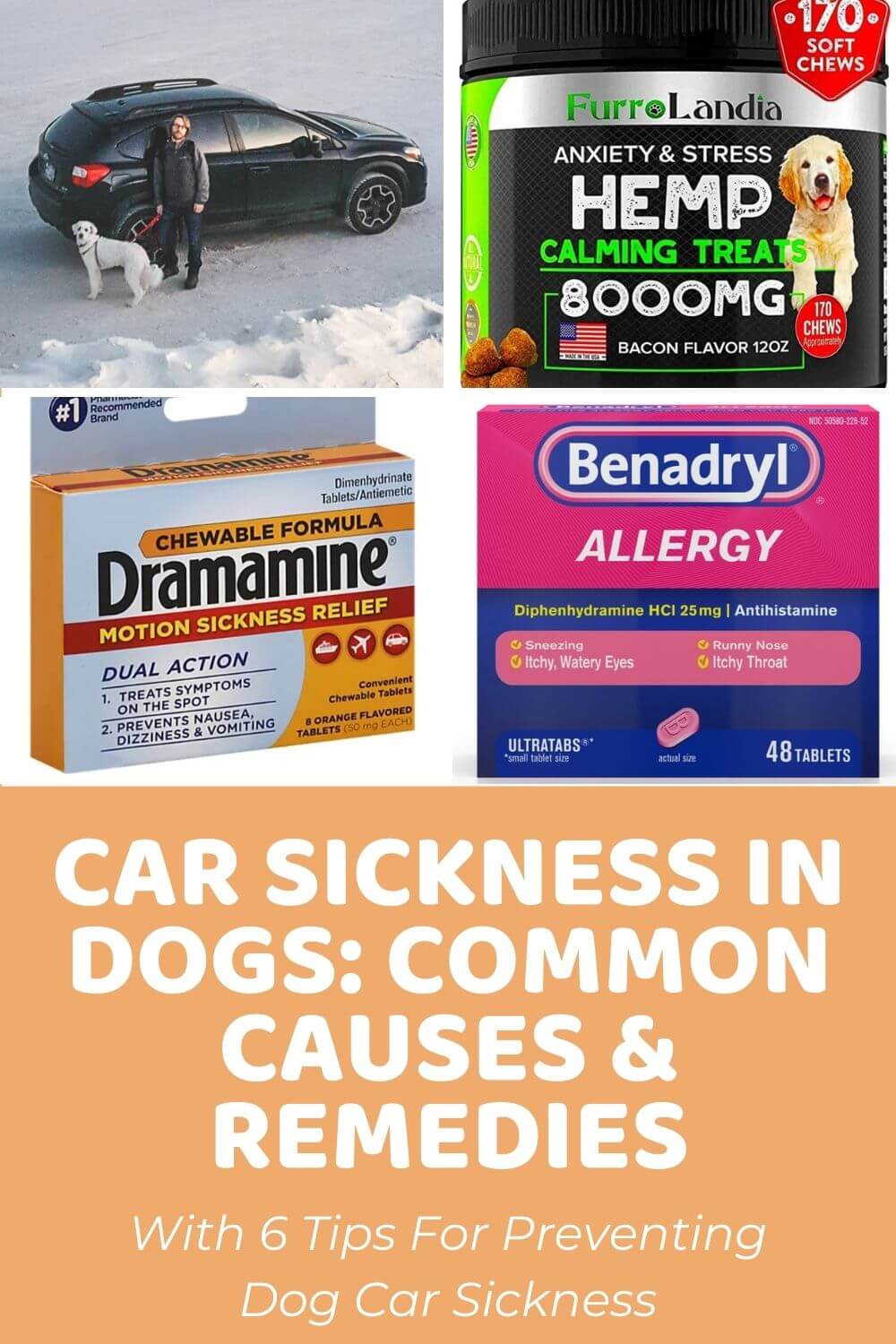

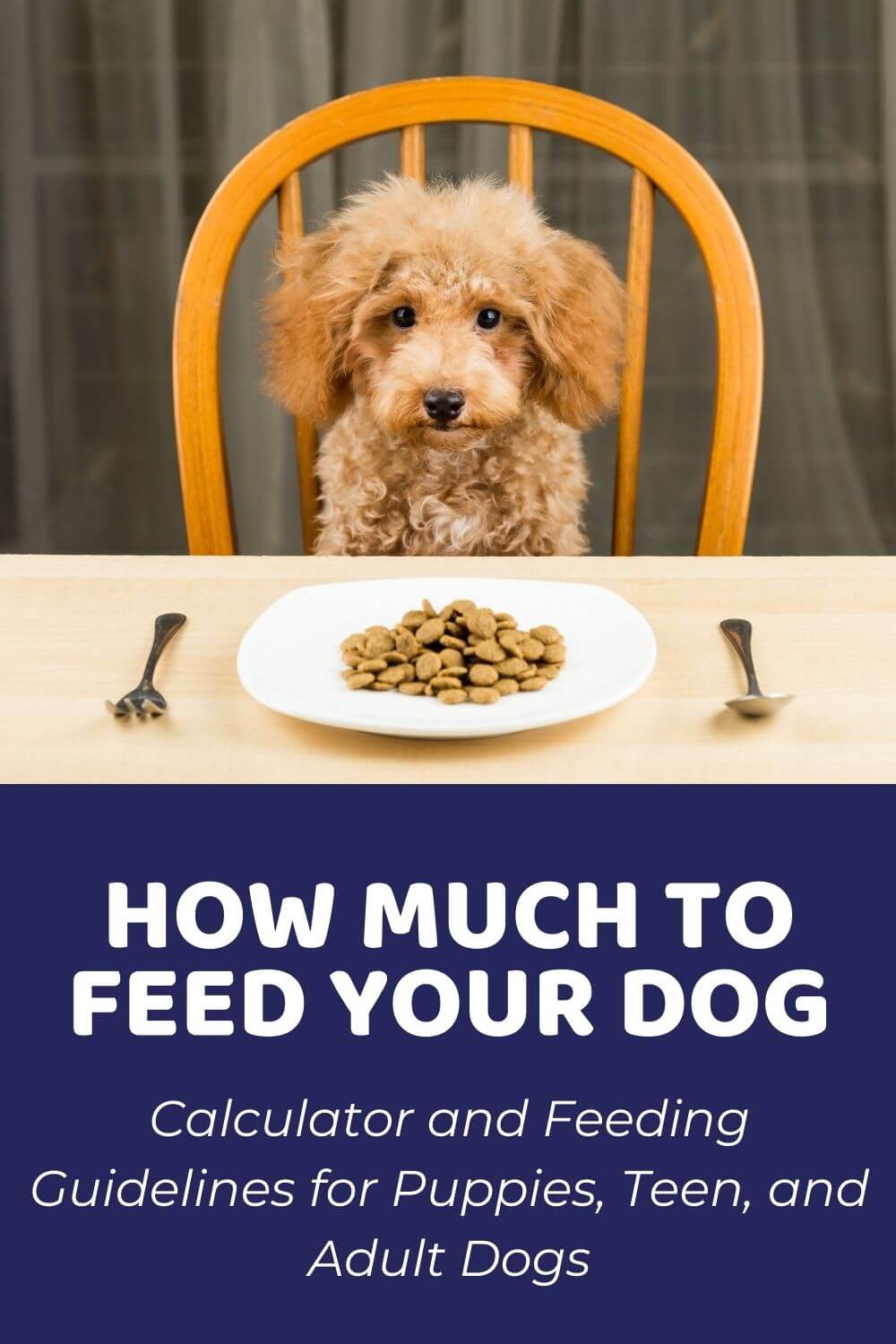


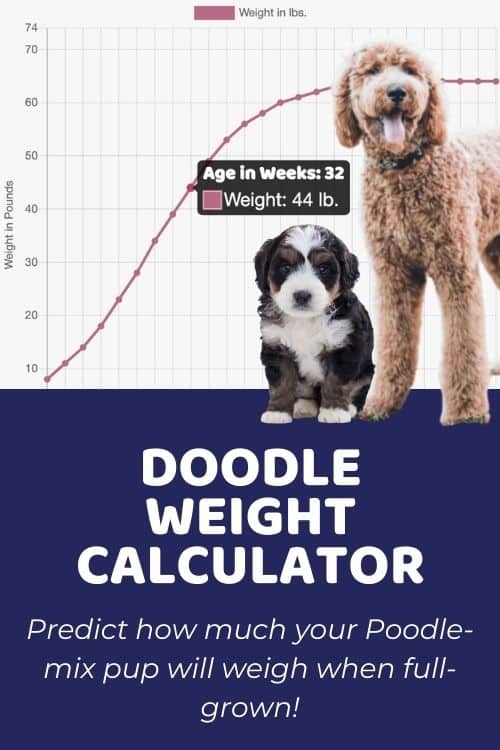


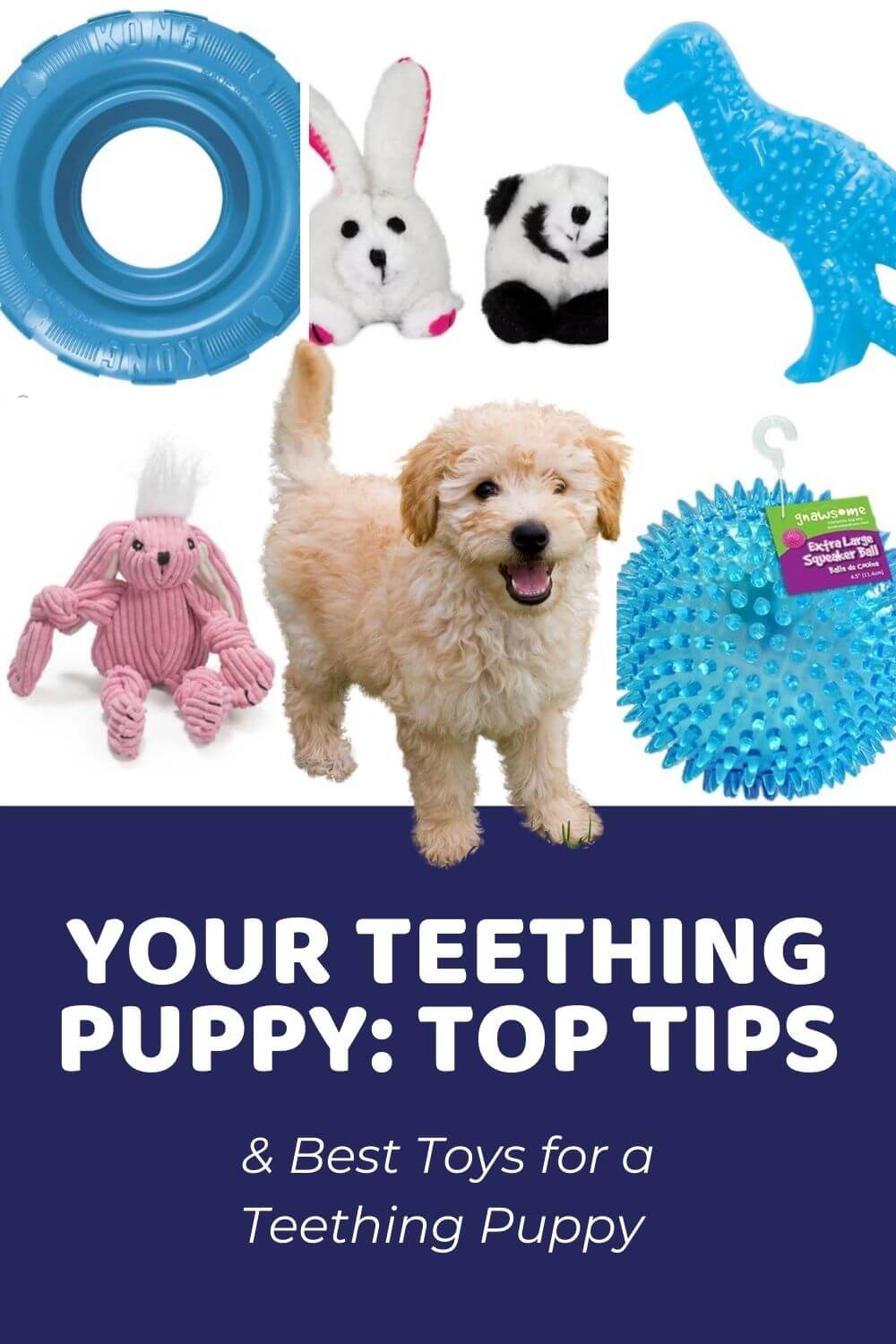
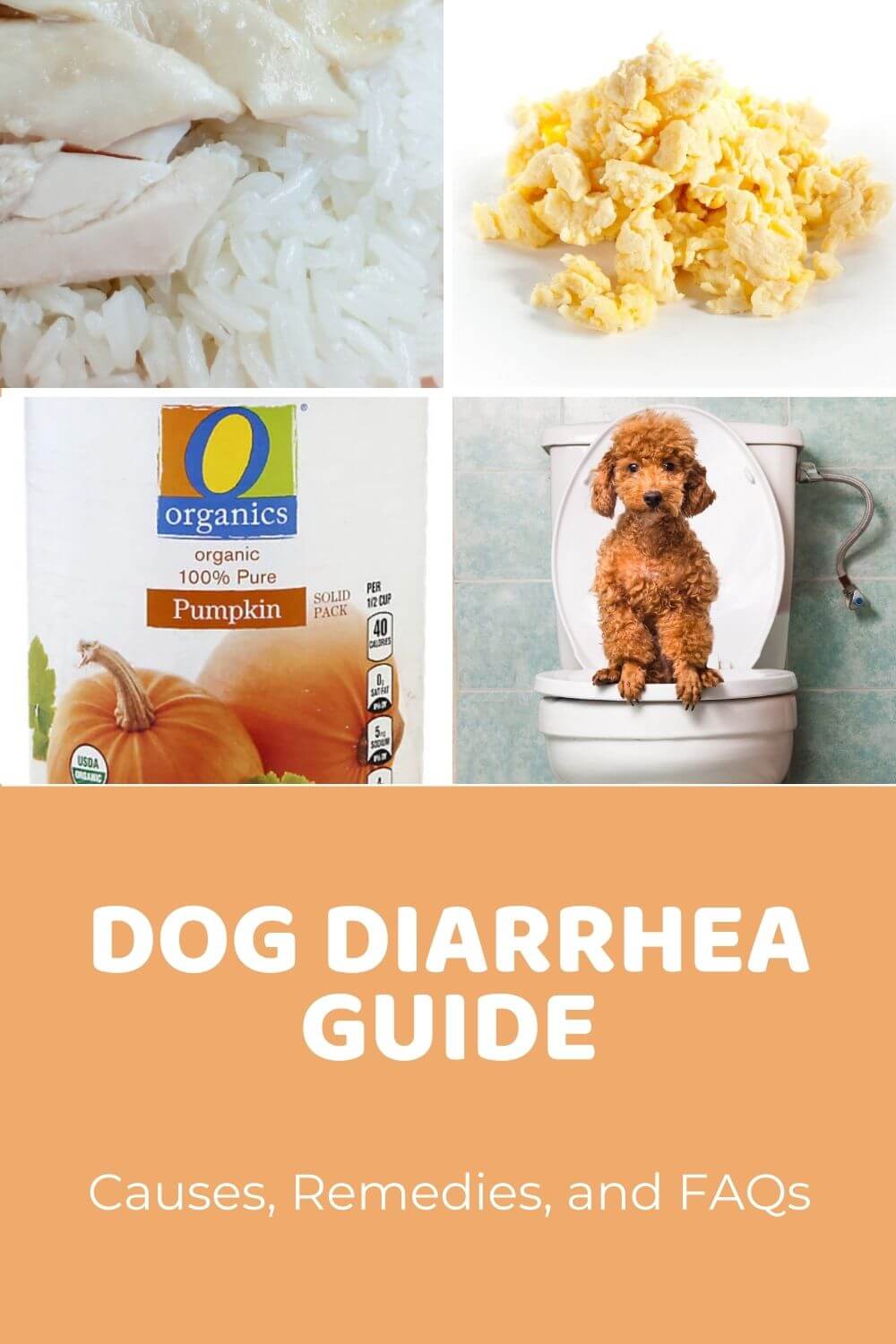
I enjoyed reading all the comments about having a doodle pup and to know I experienced the same things as everyone else. It takes a lot of time and patience! My doodle is 6 months old and noticed a turning point at 5 months of it getting better. I trust all the comments about one day it will be so much better.
July 8, 2024 at 6:59 pm